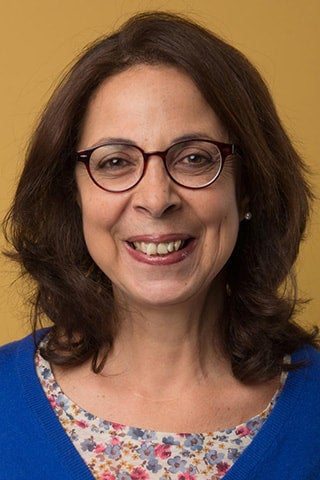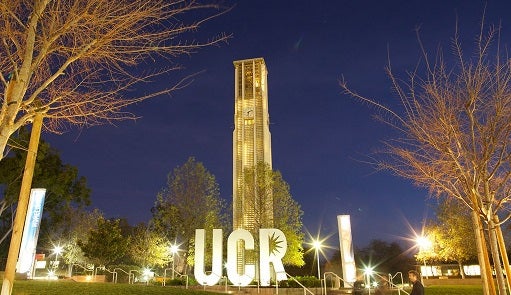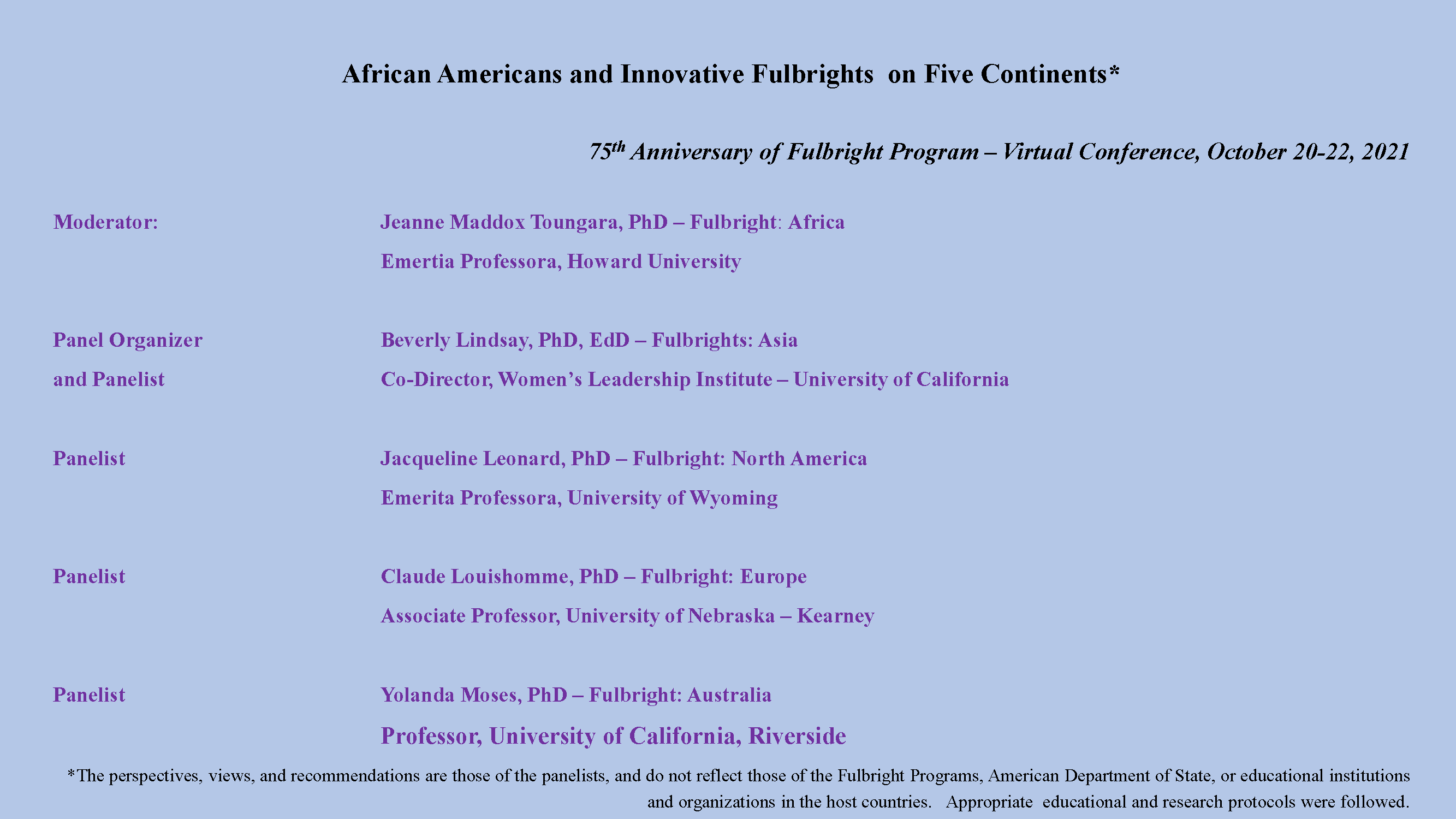Past Events
Welcome Remarks: Women Leadership Institute – 4 June 2018
Moushira Elgeziri, Ph.D., Program Officer, Ford Foundation

Good morning from Cairo to all colleagues and distinguished participants in the Institute on women's academic leadership. Thank you very much professors Moses and Lindsay for giving me the honor of sharing with you a few thoughts and welcoming the participants from such a long distance. It is 6:30 pm in Cairo half an hour before the break of the fast in this blessed month of Ramadan. For those observing this month among your participants, Ramadan Mubarak.
I was lucky to be the program officer responsible for the pleasant task of accompanying professors Moses and Lindsay in their exciting journey as they conceptualized, prepared for, and organized this very important Institute. At the time- 2014 - our VP Hilary Pennington was personally passionate about the topic of women academic leaders while I in Cairo was the PO for higher education and at the time I was looking at the role universities play in their social and national environment and how we can help them improve their service to communities and people. So the UC Riverside project was very integral to our work on gender – a cross-cutting theme – that runs across all our work, but also higher education, as I just described.
A few years later, actually now as we celebrate the Institute, this project is acquiring other aspects of relevance to Ford’s work, as we shifted to a new strategy that paid attention to migration globally. In some of the regions where Ford works, like the Middle East, this was translated into the examination of drivers of inequality within forced migration and conflict situations as well as narratives that perpetuate prejudice and discrimination in such situations. As we all know, several countries of the Middle East are now torn by conflict and we have a large number of refugees within the region and in Europe, and to a less degree in North America. Again, the project and the Institute became quite timely for us in the Middle East but of course for many other region in the world that are experiencing conflict or are in post-conflict and peace-building situations.
But I think the project is particularly exciting because it brings in the innovative lens of women leaders in academia and their role in conflict resolution, in making the higher education spaces more inclusive for dialogues producing knowledge for conflict resolution. As we recognize the agency of women academics in these ways, I believe we are also able to claim that many of the issues that often fall by the wayside once the conflict is over would have the chance to be addressed and those include improving the daily life of people who were most hit by the conflict, particularly the lives of women – livelihood, health and headship of households as single women.
Professors Lindsay and Moses have brought together a wonderful group of participants from diverse continents. We have international participants from Afghanistan, Indonesia, Lebanon, Palestine, Myanmar, Kenya, Colombia, Pakistan and South Africa. We also have a list of distinguished guests from the US. There are Lectures, Workshops, a rich list of readings, discussions and visits to universities. I have no doubt that this is going to be a very stimulating institute. Best practices will be shared and there will be exchanges that will hopefully guide processes of non-violent engagement in your home institutions. I really hope the Institute will be of benefit to you and will help you benefit your universities, colleagues, faculty and students. I wish you a productive meeting. Thank you.
2015 Spring Meeting
University of California, Riverside Riverside, California

An initial planning meeting was held in Spring 2015 with the Principal Investigators and select NGO, governmental, and higher education professionals who have expertise in peace and conflict studies, social justice, human rights and diplomacy skills. Some of these attendees included women from Afghanistan, Indonesia, Palestine, and various ethnic/racial American groups, and former Ambassadors. These participants assisted us with the conceptualization and execution of this project.
The participants in the planning group were selected from domestic and international institutional personnel, and Ford Foundation Fellows who have had significant higher education leadership roles within their careers. In addition, the perspectives of partner organizations with significant expertise that were needed to devise effective professional development opportunities for university women who reside within conflict, post-conflict, and transitional societies were included.
